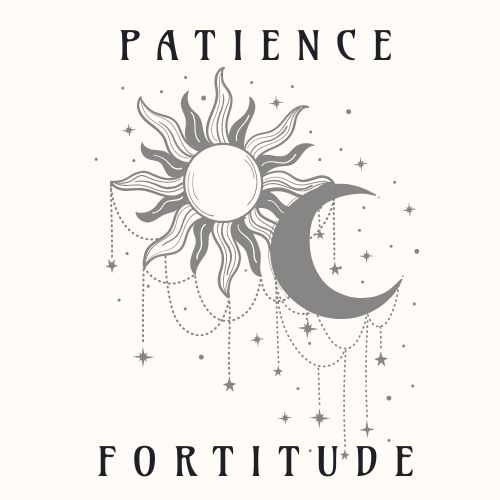Authoria: This is the next section of the book that comes right after “Circumstances.” It is actually based on a very old essay I wrote only a couple of years after my parents died, and while I’ve changed it considerably over the course of time it still reflects how I feel.
~~~~~~~~~~~
After my parents died, I ended up losing the house too. Father had a very small life insurance policy that paid off my 1990 Toyota Corolla and a few credit cards, and gave me about three months living expenses to exist on before I hit a severe financial crisis.
But the house had been re-mortgaged several times (my mother’s financial issues were epic) and with neither equity nor a job, I had no way to pay the $800/mo mortgage, or the $300 electric bill or any other utilities, much less property taxes. I was fundamentally screwed, so my only option was to let my father’s estate languish in probate (i.e. never claim his property) and let the bank foreclose on it. So I held an estate sale (aka fire sale), packed what I wanted to salvage into a storage unit, and walked away.
In the process of going through every damn thing my family owned, I revisited the stories about Troy that I read in my youth. They were hard to miss. We had a lot of books about them because when I was young, my greatest fascination was for dead things: dead dinosaurs, dead species, dead civilizations (in my adult years, the obsession crystallized in the form of an undergraduate degree in anthropology). With my love of writing and reading, I might easily have gone into the Classics…except for the fact that I was annoyed by mythology.
Mythology might not have happened, and probably did not happen. To me, that did not make a story mysterious and wonderful; to me, it was a handicap. No fossilized evidence? No Rosetta stone? No buried cities? Then what, I wondered, was the point? I loved the stories that actually transpired, the ones where the tragedy was not symbolic, but real.
I drove my mother to distraction by this fascination with ‘reality’ which I inherited from my ever-pragmatic father (the only fiction books he owned were by Jack London and Arthur Conan Doyle, along with a set of William Shakespeare’s plays; everything else was non-fiction). A lover of great literature and particularly the classic myths of Greece, Rome, and the Norse, Mother worshiped the glorious epics of love and adventure which to her represented the genesis of modern literature. I, on the other hand, found all of that boring because it never happened (the irony that I later become a huge fan of science fiction stories is not lost on me at all). In frustration — and not one to give up until she got the last word in — she finally resorted to the story of Troy, which was not only mythology, but was an actual, ancient city exhumed from the dirt.
It was a personal triumph for her, because I devoured it. Every fragment of my being was obsessed with the story of Troy, both the classic epic by Homer and the classic excavation by Schiller. Troy! The mysterious, long forgotten land of fierce warriors and clashing monarchies, with its brilliant gold and ancient alleyways! The story was captured in poetry while the city was forgotten by succeeding civilizations, its truth laid buried for centuries, waiting to see the light of day to prove once and for all that some myths are real.
As I sifted through the sands of my parents’ belongings, I realized that a myth is just history with no one left to remember it. I was Homer writing the epic poem of my childhood, with only a few ruins to help.
I still have mountains of photos of my family, the most resilient of which might last a century. I have the reel-to-reel tapes, delicate and badly damaged by time, that my parents recorded and sent to each as ‘spoken letters’ throughout the dark years of Poppa’s service in South-East Asia during the Viet Nam conflict. I have a couple of portraits and a few boxes of letters. That is my Troy. My childhood is nothing but transitory pieces of brittle paper and tape that, when gone, will leave no trace of us, my family. Since I am an only child, I have no brothers or sisters to share childhood memories with.
There are a few people who can remember patches here and there (the aforementioned Aunt Sheila and Cousin Jimbo), but the individuals who knew every waking moment of my life from birth until I left for college are gone. I reference things no one else alive was not there for, events for which I am the only survivor, times and places that I and no one else can remember. This is not simply the disappearance of one cherished relationship from my time frame — it is the majority of my entire childhood. It is gone, and all I am now is all I have ever been and all I will ever be. Few people remain who can look at my current existence as simply a part of a greater whole, because the history was lost when my parents died. That makes the story of my life seem very transitory and ephemeral, ruins that suggest a history that few know, and no one can believe. My childhood is a myth now; this is my new Troy.
I keep digging but that will not bring the city back to life.
#
